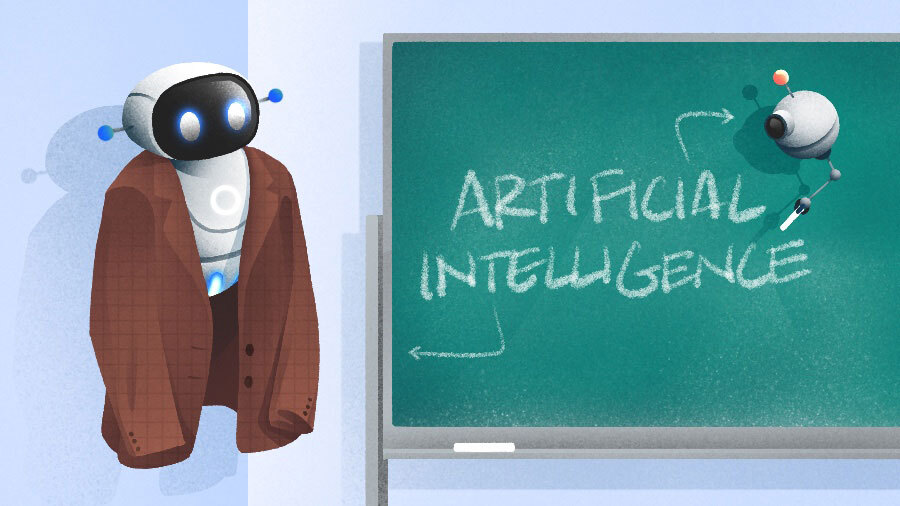Editor’s note: In this four-part series, we explore the impact of artificial intelligence startups on multiple sectors. Each story spotlights the companies, the investments, the risks and concerns, and whether AI’s promise will truly be realized. In this Part One, we look at venture investment in AI over the last decade and the leading sectors. Part Two tracks the billions of dollars rolling into AI-enhanced cybersecurity. Part Three explores AI’s promise to transform medical imaging technology. Part Four spotlights some creative ways startups apply AI to their sectors. — Special Projects Editor Christine Kilpatrick
From robotics to health care to wig design, artificial intelligence technology has made an impact on a wide range of industries. Funding to AI startups hovers around 9% to 10% of global venture capital dollars in recent years, based on an analysis of Crunchbase data.
Search less. Close more.
Grow your revenue with all-in-one prospecting solutions powered by the leader in private-company data.
Leading the way in AI startup funding are robotics, autonomous vehicles and enterprise software, but other sectors have quickly followed: biotechnology, computer vision, language processing, fintech, semiconductors, security, logistics, learning, agtech and more.
Back in 2013, funding to companies using AI was $3 billion, with fewer than 1,000 deals. In 2021, AI funding peaked at $69 billion across more than 4,000 deals. Venture investment in the technology has reached $38 billion so far this year.
The most highly valued AI companies on The Crunchbase Unicorn Board are: Data and AI company Databricks, valued at $38 billion; driverless auto company Cruise at $30 billion; research and development company OpenAI at $20 billion; and AI writing assistant service Grammarly at $13 billion. In this current investing climate, valuations are likely down from these peaks in 2021.
At Techonomy 2022, a conference on the future with a spotlight on climate tech, Waymo Co-CEO Tekedra Mawakana highlighted the 2020 launch of the company’s driverless ride-sharing service live in the East Phoenix area. And Ken Washington, vice president of consumer robotics at Amazon, showcased the company’s beta of an in-home robotic device named Astro that motors around to monitor security as well as interact with family members and behave as a pet.
More recently, generative AI has become a trending sector for investment with text-generated visual art service Stability AI, and text editing for audio and video transcription startup Descript both raising funding at high valuations.
Growing pipeline
The number of AI companies that raised their last funding at seed since 2020 and have raised more than $1 million in equity adds up to more than 600 every year. Of those companies, Series A makes up more than 400 companies per annum. And at Series B, that count is 200 companies.
With a strong pipeline of AI startups transforming a number of industries, our series of stories will spotlight some of the hottest sectors and companies and explore the reach of this ever-advancing technology.
Cybersecurity startups, for example, saw a record $2.1 billion in venture investment last year, according to Crunchbase data. The pandemic also sparked new interest in AI-enabled medical diagnostics, with funding for such startups jumping from $348 million in 2020 to more than $1 billion in 2021. In fact, AI has crept into the most surprising of sectors, improving everything from how we get our sleep, farm our fish and design our wigs. Who knows what’s next?
Illustration: Dom Guzman

Stay up to date with recent funding rounds, acquisitions, and more with the Crunchbase Daily.









![Illustration of stopwatch - AI [Dom Guzman]](https://news.crunchbase.com/wp-content/uploads/Halftime-AI-1-300x168.jpg)


67.1K Followers